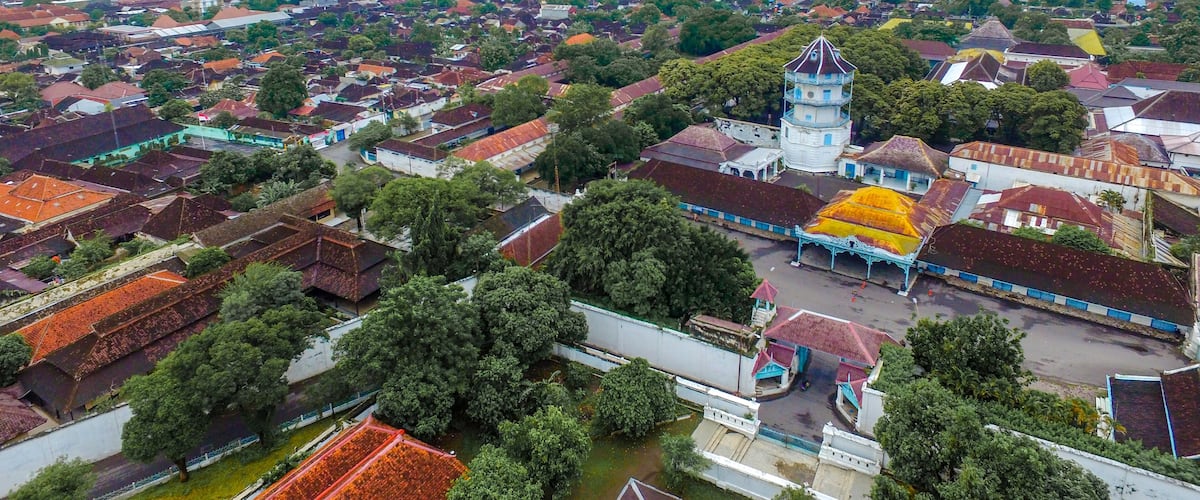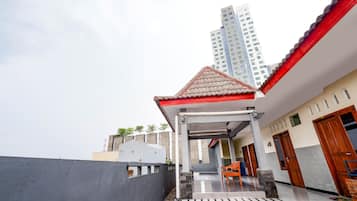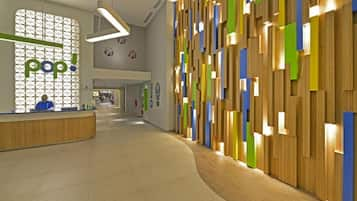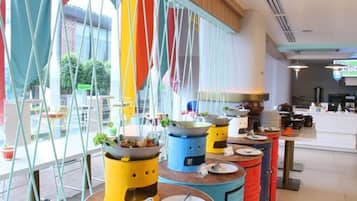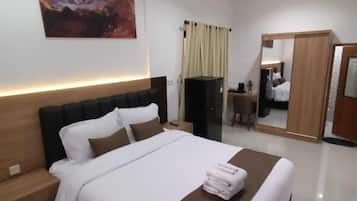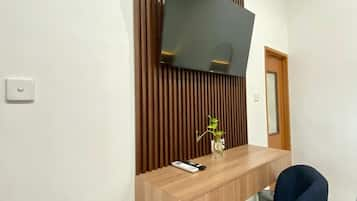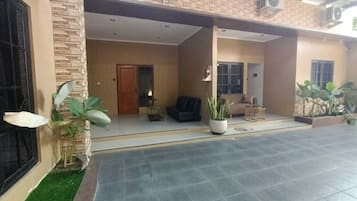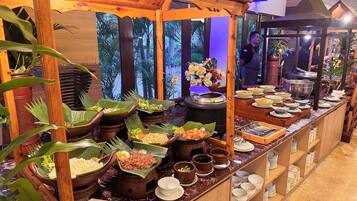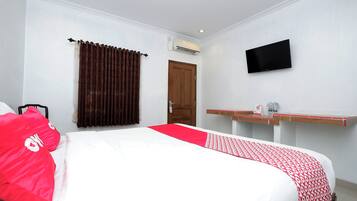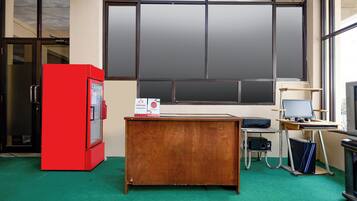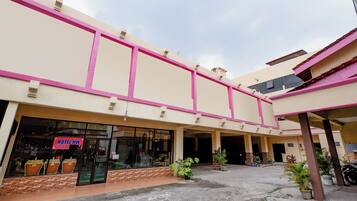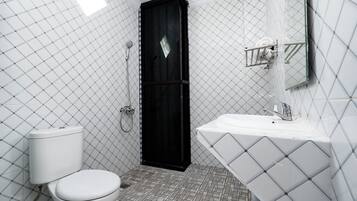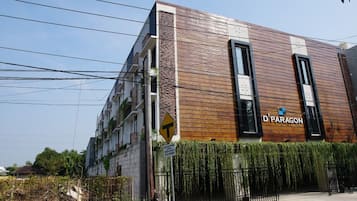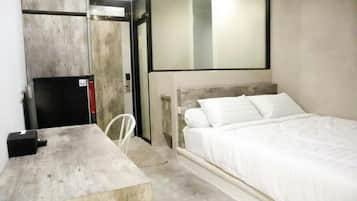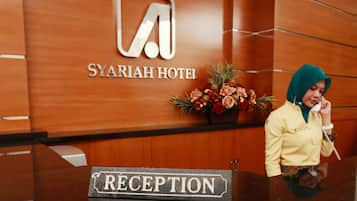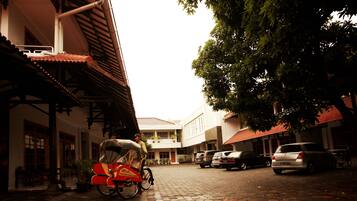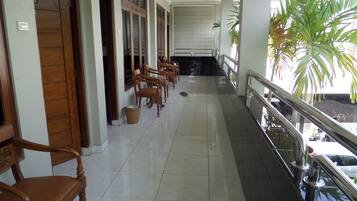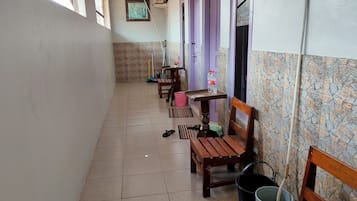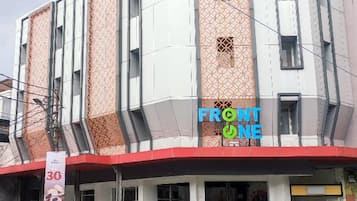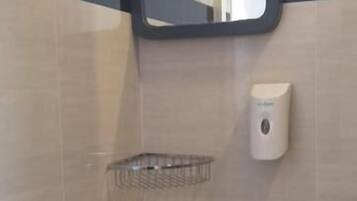Surakarta Budget Hotels from RM35
- Change your mindBook hotels with free cancellation
- Be pickySearch almost a million properties worldwide
Check availability on Surakarta Budget Hotels
Our top choices for Surakarta cheap hotels

10.0 out of 10, Exceptional, (1 review)
The price is RM28
RM35 total
includes taxes & fees
14 Jan - 15 Jan
The price is RM59
RM83 total
includes taxes & fees
18 Jan - 19 Jan
The price is RM63
RM76 total
includes taxes & fees
11 Jan - 12 Jan

8.0 out of 10, Very good, (13 reviews)
The price is RM68
RM82 total
includes taxes & fees
11 Jan - 12 Jan
The price is RM30
RM36 total
includes taxes & fees
11 Jan - 12 Jan
The price is RM54
RM65 total
includes taxes & fees
11 Jan - 12 Jan
Lowest nightly price found within the past 24 hours based on a 1 night stay for 2 adults. Prices and availability subject to change. Additional terms may apply.
